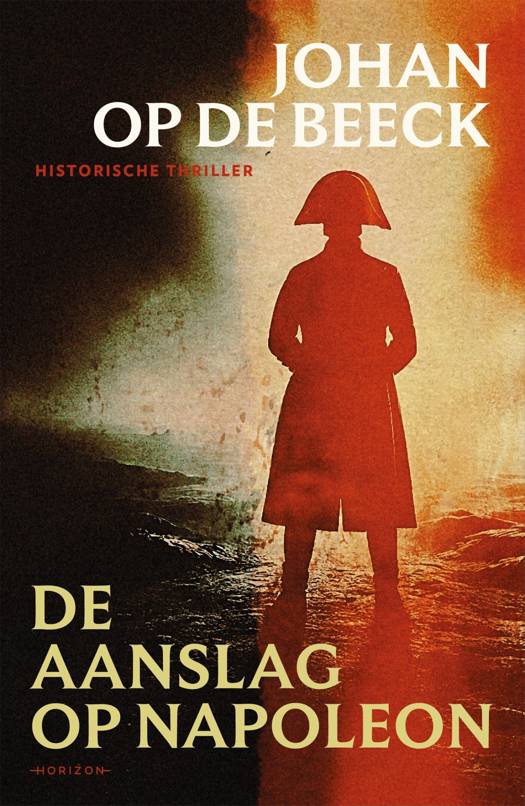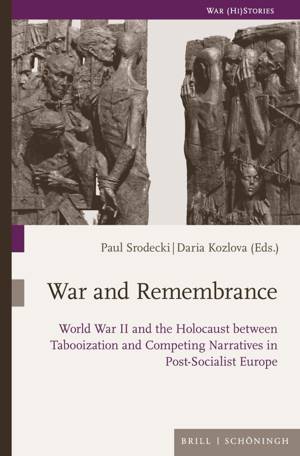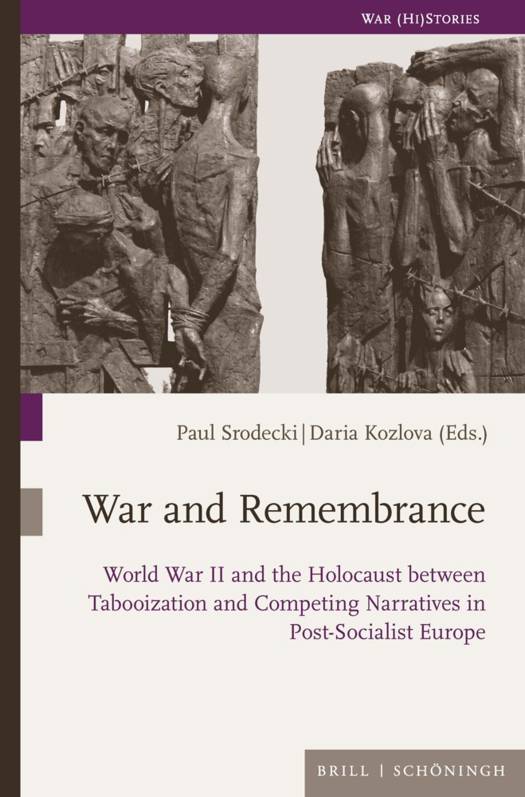
- Afhalen na 1 uur in een winkel met voorraad
- Gratis thuislevering in België vanaf € 30
- Ruim aanbod met 7 miljoen producten
- Afhalen na 1 uur in een winkel met voorraad
- Gratis thuislevering in België vanaf € 30
- Ruim aanbod met 7 miljoen producten
Zoeken
War and Remembrance II
World War II and the Holocaust between Tabooization and Competing Narratives in Post-Socialist Europe
€ 107,45
+ 214 punten
Omschrijving
The outbreak of Word War II in 1939 was a pivotal moment, particularly for East-Central and Eastern Europe. Its aftermath entrenched Europe in opposing ideological blocs, shaping Cold War divisions and fostering divergent war narratives. The collapse of the Eastern Bloc in 1989 and the Soviet Union in 1991 unleashed nationalist reappraisals of history. The narratives of former communist regimes were replaced by perspectives emphasizing national suffering and resistance, often sidelining uncomfortable truths, such as complicity in the Holocaust. Today, memory politics remain contentious, particularly in the context of Russia's war against Ukraine, where competing WWII narratives reflect ongoing struggles over identity and historical interpretation. As a sequel to a previous publication, this second volume, comprising eleven chapters, builds upon and expands the first volume's exploration of WWII and Holocaust-related mnemonic culture and memory politics in post-socialist Europe.
Specificaties
Betrokkenen
- Uitgeverij:
Inhoud
- Aantal bladzijden:
- 304
- Taal:
- Engels
- Reeks:
- Reeksnummer:
- nr. 15
Eigenschappen
- Productcode (EAN):
- 9783506797810
- Verschijningsdatum:
- 14/07/2025
- Uitvoering:
- Paperback
- Afmetingen:
- 155 mm x 235 mm
- Gewicht:
- 1 g

Alleen bij Standaard Boekhandel
+ 214 punten op je klantenkaart van Standaard Boekhandel
Beoordelingen
We publiceren alleen reviews die voldoen aan de voorwaarden voor reviews. Bekijk onze voorwaarden voor reviews.










